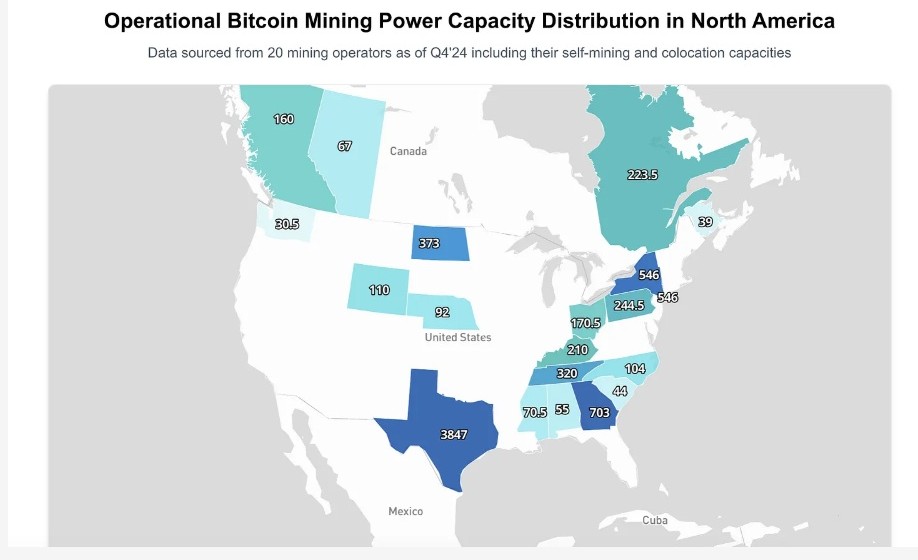

Coinbase-Backed Layer-2 Network Base is being fired from the Crypto community after promoting the so-called “content coins,” which lost almost all of their value shortly after launch.
The controversy began on April 16 when they shared a “base is for everyone” tokenized version of Zora, a decentralized content sharing platform that is based on the official X account.
This has attracted quick and widespread attention to the token despite Zola’s disclaimer, which clearly states that the coin is not linked to Coinbase or base and warns buyers not to expect profits.
Nevertheless, many crypto investors interpreted the X promotion as official approval.
As a result, the market capitalization of the tokens quickly surged to around $17 million. However, excitement was short-lived as the coin’s value plummeted by about 95%, eliminating more than $15 million in market capitalization.
Blockchain analytics firm LookonChain flagged suspicious trading behavior, revealing that three wallets purchased a large amount of tokens before the Base announcement, and later sold together a profit of around $666,000.
In addition to the controversy, Abhi, founder of Crypto marketing firm Apcollective, noted that the top three wallets control 47% of the supply.
He added:
“[The] The chart clearly shows that it will be sold immediately, following a huge green candle of classic pumps and dumps. ”
Base protects the concept of “ContentCoin”
Following the backlash, Bass tried to clarify its intentions, explaining that the move is part of an experimental push to make content on-chain.
According to the company:
“To be clear, Base will not sell these tokens. They are not official network tokens for Base, Coinbase or any other related products.
Jesse Pollak, lead developer of Ethereum Layer-2, said the tokens were not intended to serve as a typical memo coin or investment vehicle.
Instead, the token was born with the idea of ”Content Coin.” This was to tokenize creative pieces.
According to him:
“[Content Coin] It represents a single content, created in a context where the expectation that the coin is content and that the content is coin.
He emphasized that the model allows creators to share transaction fees and ownership to monetize virus posts and shift focus from speculation.
Pollak added:
“It would be disappointing if you try to apply a traditional meme or project coin valuation model to content coins.”
Despite the explanation, critics crossing the crypto space remain unconvinced.
Alon, co-founder of Pump.Fun, said influential projects should act responsibly. He emphasized that protocols must avoid unrealistic expectations, particularly tokens involved.
He said:
“I am a big advocate for the vision of ‘tokenizing everything’, but I can’t change the reality of the current market. If you launch a coin and have social influence, it brings responsibility. ”








